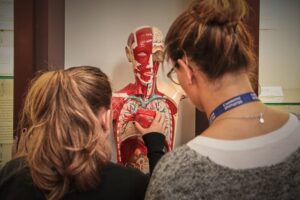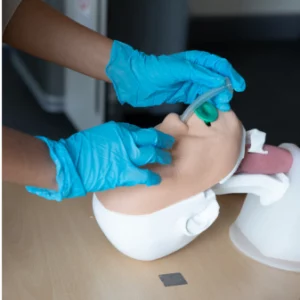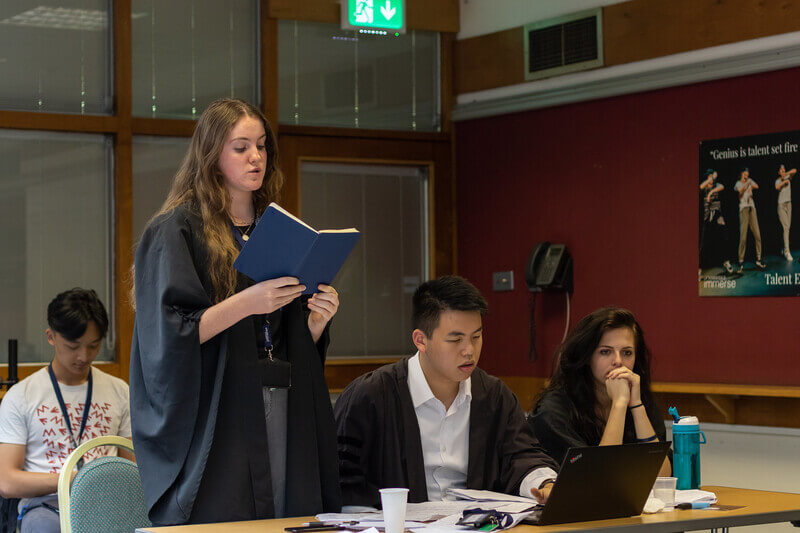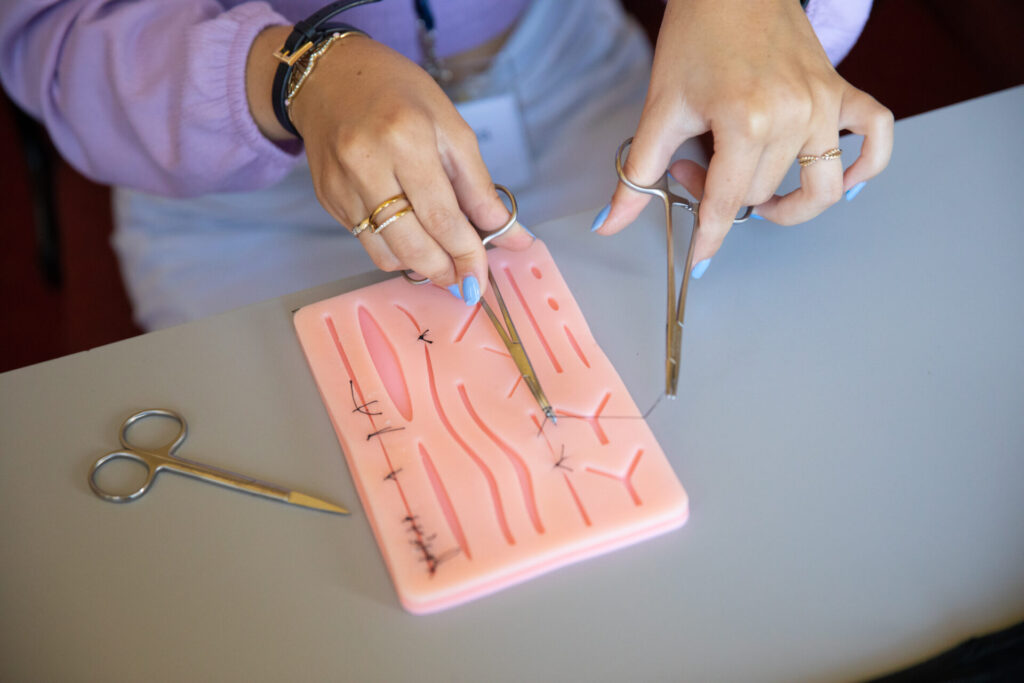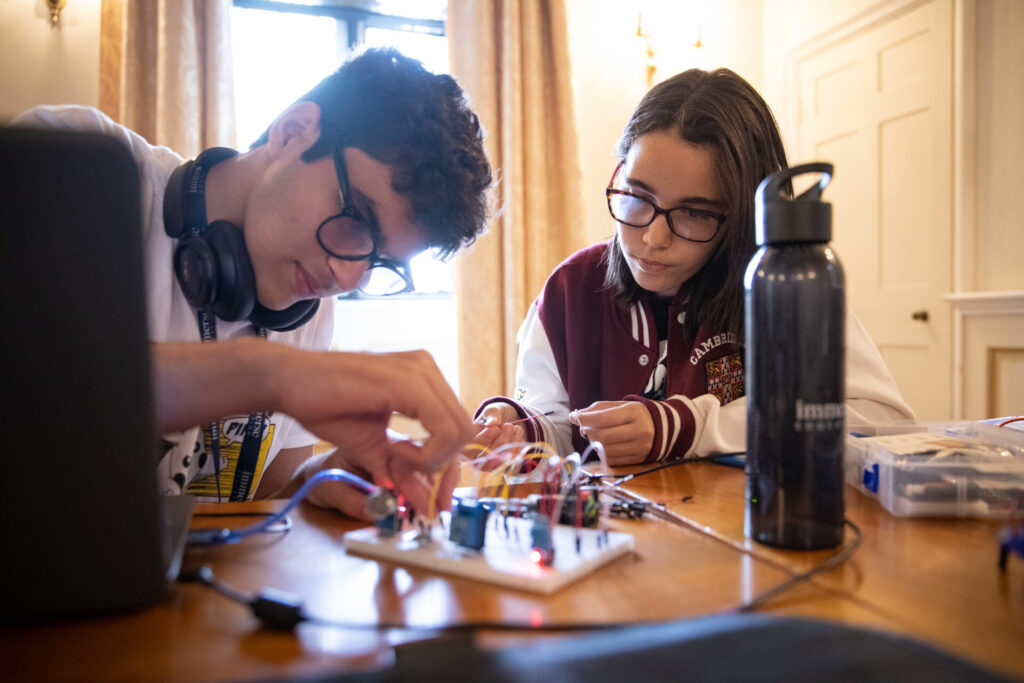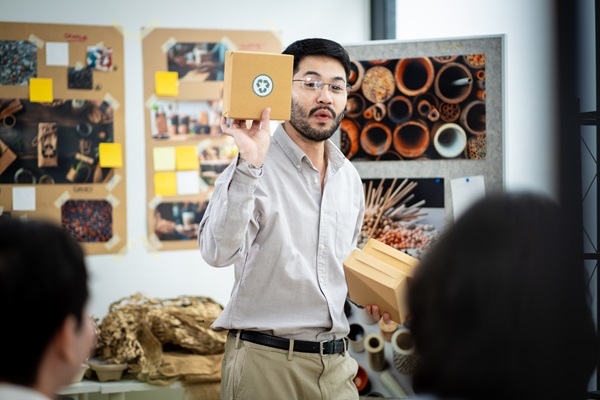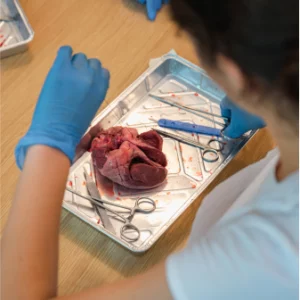The story of medicine is a fascinating journey through time, reflecting humanity’s ceaseless quest to heal and understand the body. For young students aspiring to enter the medical field, it’s essential to comprehend this historical evolution. Understanding the past deepens our appreciation for current medical practices and ignites the imagination for future advancements. As we delve into the history of medicine, we discover a tapestry of knowledge, skill, and relentless pursuit of healing.
Ancient Medicine
Imagine a world where healing was as much an art as it was a science. In ancient Egypt and Greece, medicine was about balancing the body and spirit. Egyptians documented their medical knowledge on papyrus, significantly influencing Greek medicine.
Similarly, the Greeks, led by figures like Hippocrates, laid the groundwork for modern medical ethics and practices, including the first steps in surgery and the use of herbal remedies. This era was remarkable for integrating spiritual beliefs with practical health practices, setting a precedent for future medical philosophies.
Medieval Medicine
During medieval times, Arabic scholars preserved and expanded Greek medical texts, playing a pivotal role in medical history. Monasteries and the first hospitals emerged as centres of healing. This era saw advancements in surgery, influenced by warfare, and the development of early anaesthetics.
The establishment of universities during this period also marked the beginning of formal medical education, laying the foundation for a more structured approach to healthcare.
The Renaissance of Medicine
The Renaissance brought a rebirth of medical knowledge. Visionaries like Andreas Vesalius braved societal taboos to conduct dissections, vastly improving our understanding of human anatomy. This era marked a significant shift towards a scientific approach in medicine, laying the foundation for modern medical science.
These advancements not only enhanced medical knowledge but also began to challenge the traditional beliefs and practices of the time, leading to a more empirical and evidence-based approach to medicine.
Join the Immerse Education 2025 Essay Competition
Follow the instructions to write and submit your best essay for a chance to be awarded a 100% scholarship.

The Birth of Modern Medicine
The 19th century was a turning point in medicine. Pioneers like Louis Pasteur, Joseph Lister, and Edward Jenner introduced groundbreaking concepts such as anaesthesia, antiseptics, and vaccines. These discoveries, coupled with public health initiatives, transformed healthcare on a global scale.
This era also witnessed the rise of bacteriology and the beginning of the battle against infectious diseases, significantly reducing mortality rates and improving overall public health.
The 20th Century: Medicine in a Technological Age
The 20th century witnessed extraordinary advances, such as the discovery of penicillin and the revolution in medical imaging. These developments, alongside significant public health campaigns like smallpox eradication, changed the face of medicine forever.
The century also saw the rise of preventive medicine and a focus on lifestyle-related health issues, reflecting a growing understanding of the complex interplay between environment, lifestyle, and health.
The Era of Specialisation
The era of specialisation in medicine, from the late 20th century onward, marked a significant evolution in the field. The rise of specialities like cardiology, neurology, and oncology became more defined and prevalent, reflecting the increasing complexity and understanding of bodily systems and diseases. This heightened emphasis on specialisation allows medical professionals to provide more targeted and effective treatments for a diverse array of conditions.
The use of technological advances in surgery, notably minimally invasive and robotic procedures, emerged in the late 20th and early 21st centuries. These treatments have drastically improved patient outcomes and personalised treatments.
This era has been characterised by an increased emphasis on specialisation, allowing for more targeted and effective treatments for a wide range of conditions.
Medicine in the Information Age
The digital age has transformed healthcare, introducing electronic medical records and telemedicine. This era is marked by a move towards personalised healthcare, leveraging big data and predictive medicine. The rapid growth of technology in this period has also facilitated greater access to medical information, empowering patients and healthcare providers alike with a wealth of resources for better decision-making.
Biomedical Engineering: Melding Medicine and Technology
Biomedical engineering has brought forward medical devices and prosthetics that enhance lives. Advances in tissue engineering and regenerative medicine, like stem cell research, are redefining what’s possible in healthcare. This field has also led to significant ethical debates, pushing the boundaries of medical science and raising questions about the future implications of such rapid technological advancement.
The Genomic Revolution
The Human Genome Project, which began in 1990 and was completed in 2003, opened new frontiers in medicine, leading to the development of gene therapy and personalised medicine. This era, particularly in the early 21st century, raises important ethical questions about genetic privacy and the potential of designer babies.
The mapping of the human genome has not only expanded our understanding of genetic diseases but also paved the way for more targeted and effective treatment strategies.
The Future of Medicine: AI and Beyond
As we look to the future, artificial intelligence is set to revolutionise diagnostics and treatment planning. Developments in nanomedicine and virtual reality are pushing the boundaries of what’s possible in medical treatment and training. The integration of AI in medicine promises to enhance the precision and efficiency of healthcare delivery. However, it also introduces challenges related to data privacy and the ethical use of AI in healthcare.
Final Thoughts
The history of medicine is a testament to human ingenuity and resilience. It’s a story that continues to unfold, offering endless opportunities for future generations to explore and contribute. For aspiring young minds, understanding this history is not just educational; it’s a source of inspiration and empowerment. It provides a lens through which we can view and appreciate the incredible journey of medical evolution and its impact on our lives.
Discover more about Medicine through our Medicine summer schools with Immerse Education.






